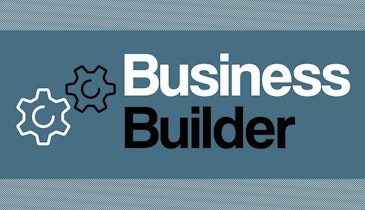If you're an active member of your state onsite association, you already know the importance to yourself, your company and to your state’s onsite industry.
If you aren’t a member of your state’s onsite association, there is a way for you to grow professionally in a way you...






